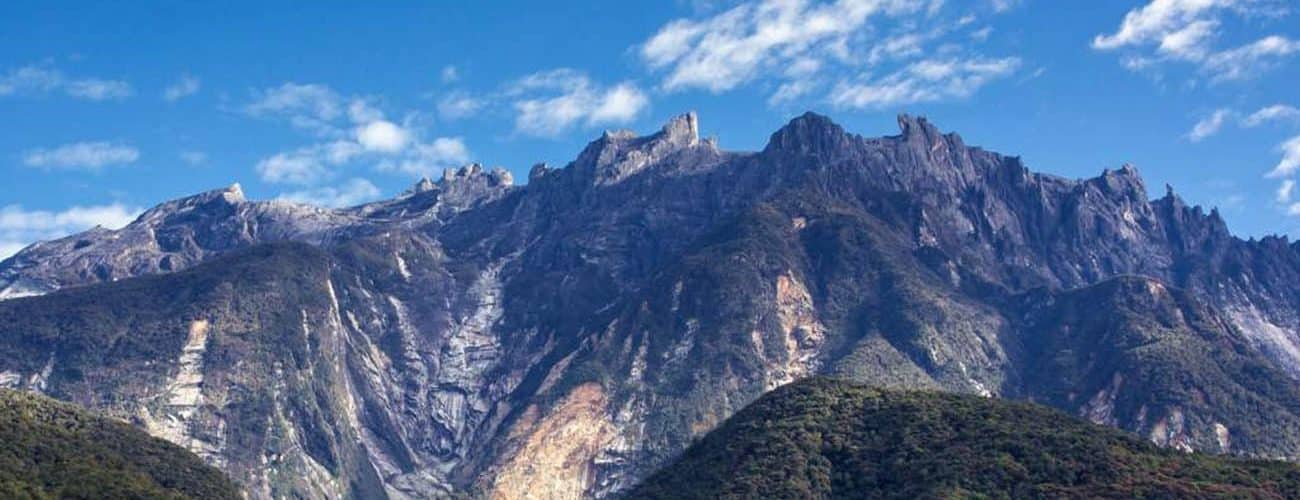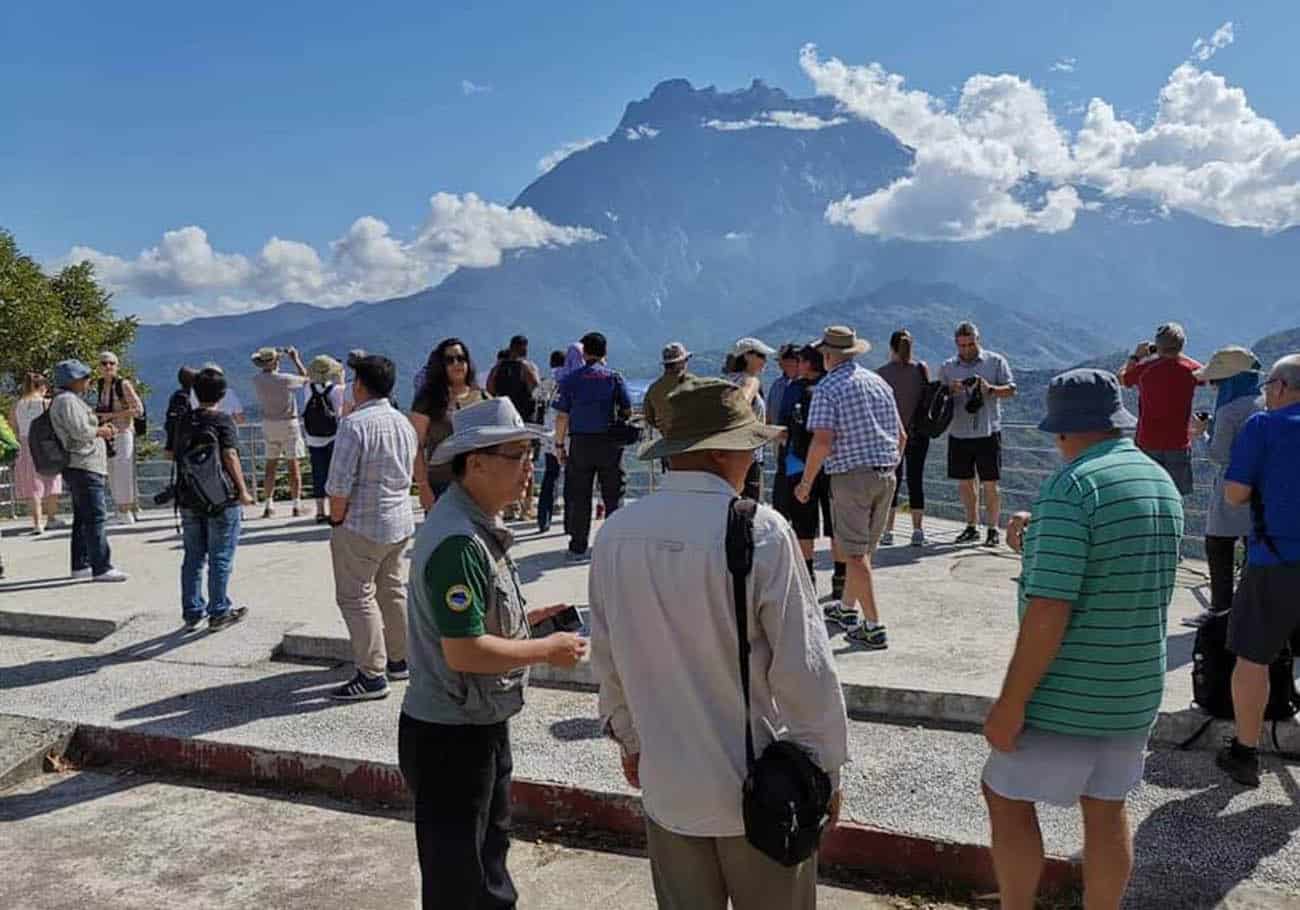
Sabah Chief Minister, Hajiji Noor, proudly declared that the Aspiring Kinabalu Geopark has now attained the prestigious status of ‘Kinabalu UNESCO Global Geopark.’
This designation by UNESCO’s executive board raises the total number of parks worldwide to 195, spread across 48 countries. The UNESCO Global Geopark label acknowledges the geological heritage of international significance and highlights the efforts in conserving these sites while promoting sustainable development and public outreach.
An achievement for Sabah’s “Sabah Maju Jaya” Roadmap
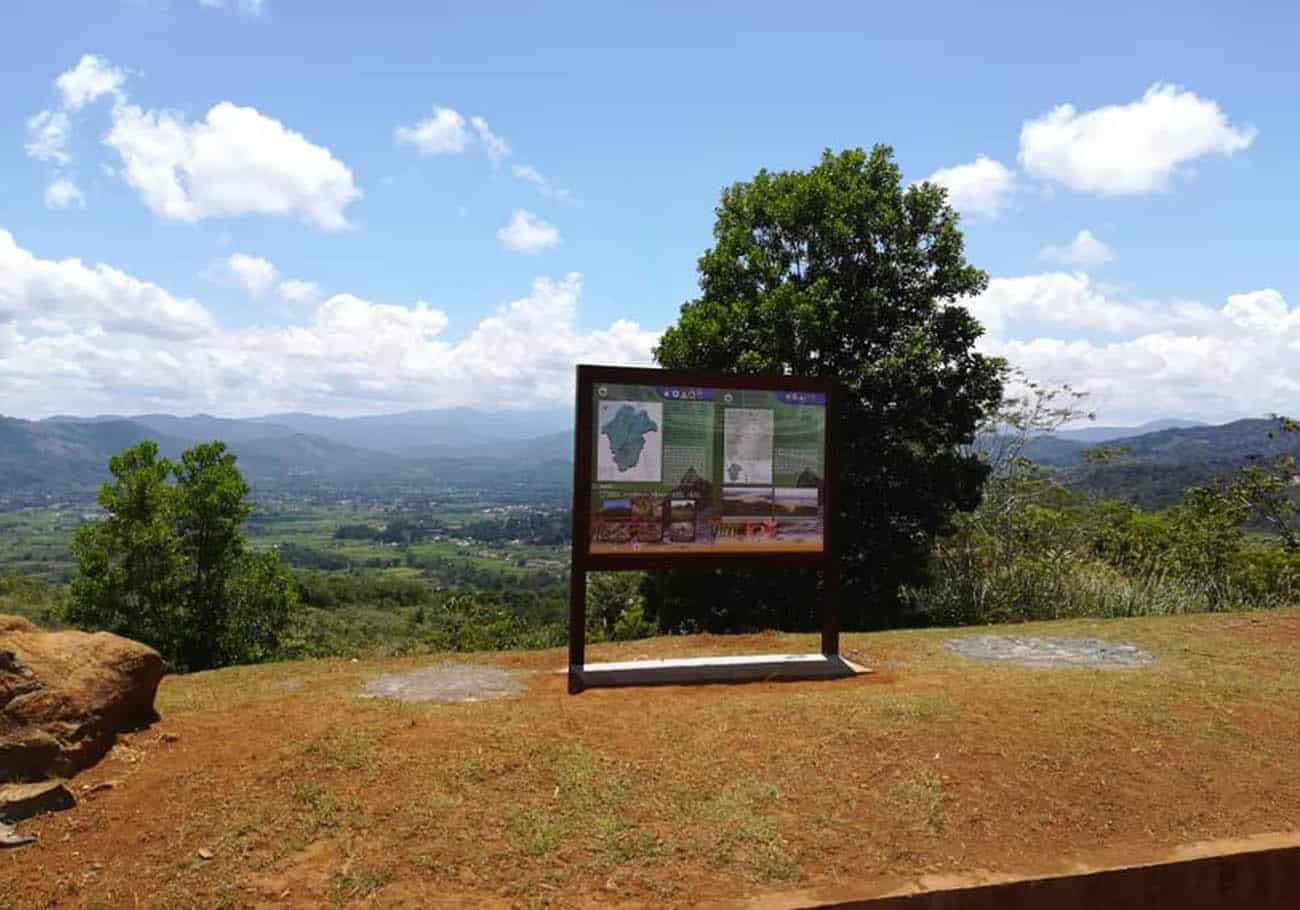
The official recognition of Kinabalu UNESCO Global Geopark is a remarkable achievement for the Government of Sabah and its pursuit of the “Sabah Maju Jaya” roadmap.
Through the Ministry of Tourism, Culture, and Environment and Sabah Parks, the government has demonstrated its commitment to sustainable development and the preservation of the state’s natural heritage.
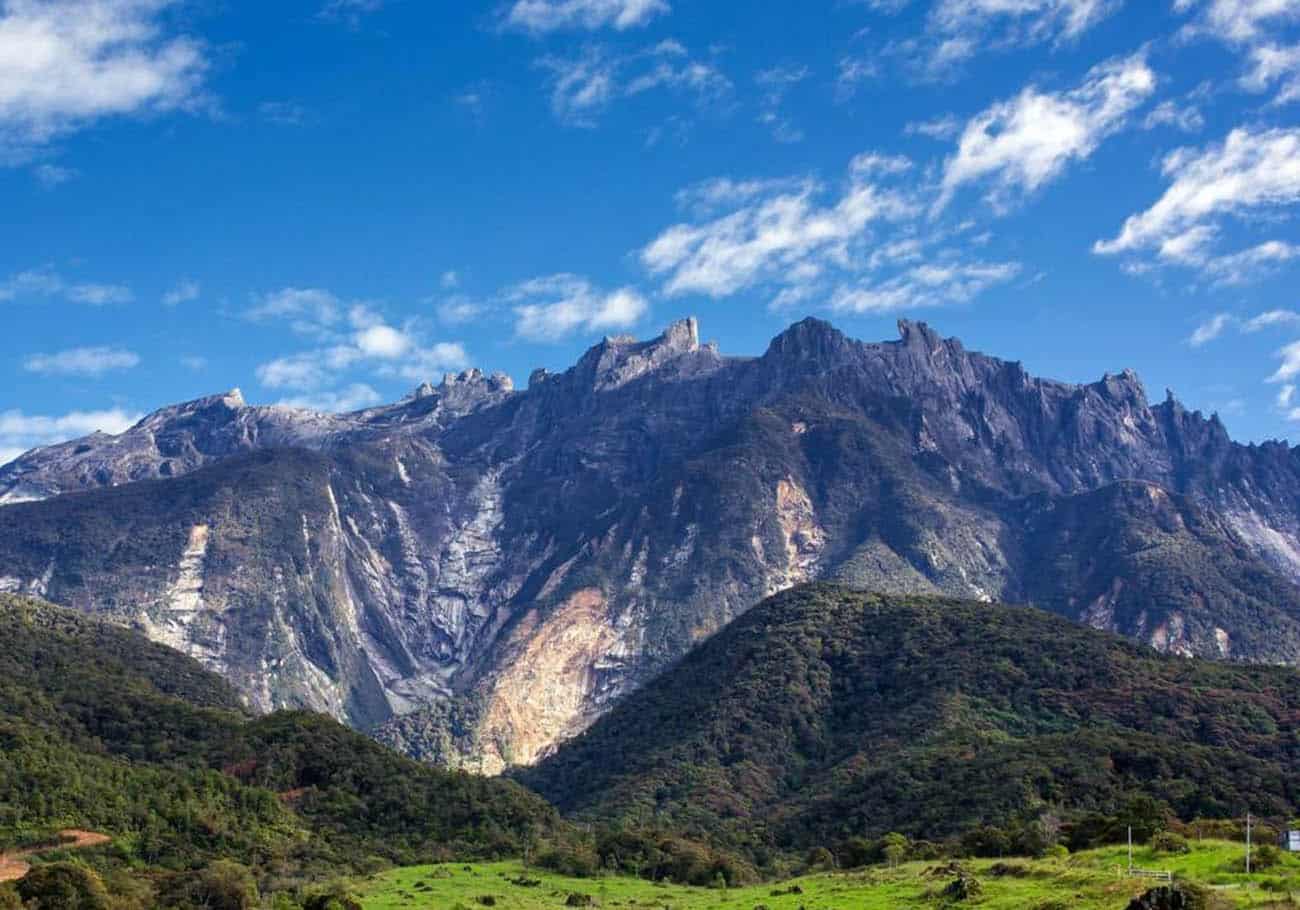
Encompassing an extensive area of 4,750 km2, the Kinabalu UNESCO Global Geopark complements Sabah’s existing eco-tourism offerings. It serves as a haven for numerous endemic plants and animals, including 90 orchid species exclusive to Mount Kinabalu, as well as the rare crimson-headed partridge bird.
The geopark’s establishment will bring direct and indirect socio-economic benefits to the local communities, particularly within the districts of Kota Belud, Kota Marudu, and Ranau, benefiting more than 290,000 individuals.
Kinabalu UNESCO Global Geopark: A geological and ecological Treasure
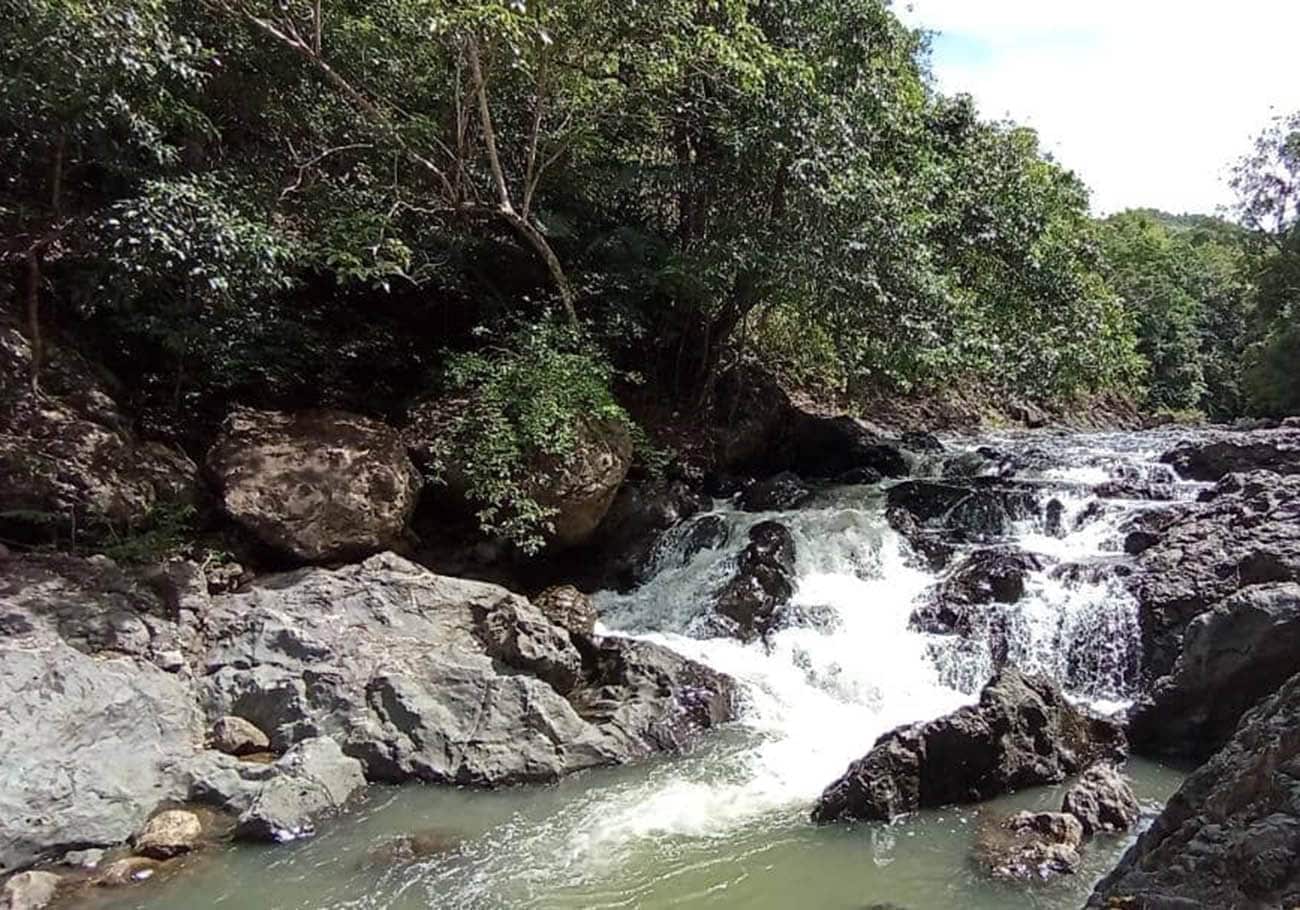
The Kinabalu UNESCO Global Geopark holds immense significance for geological research and education. It presents an extraordinary opportunity for visitors to delve into the geological history of Southeast Asia and witness the unique geological formations that shape the region. Additionally, the geopark’s distinct ecological position contributes to its ecological importance, especially for the biota of Southeast Asia.
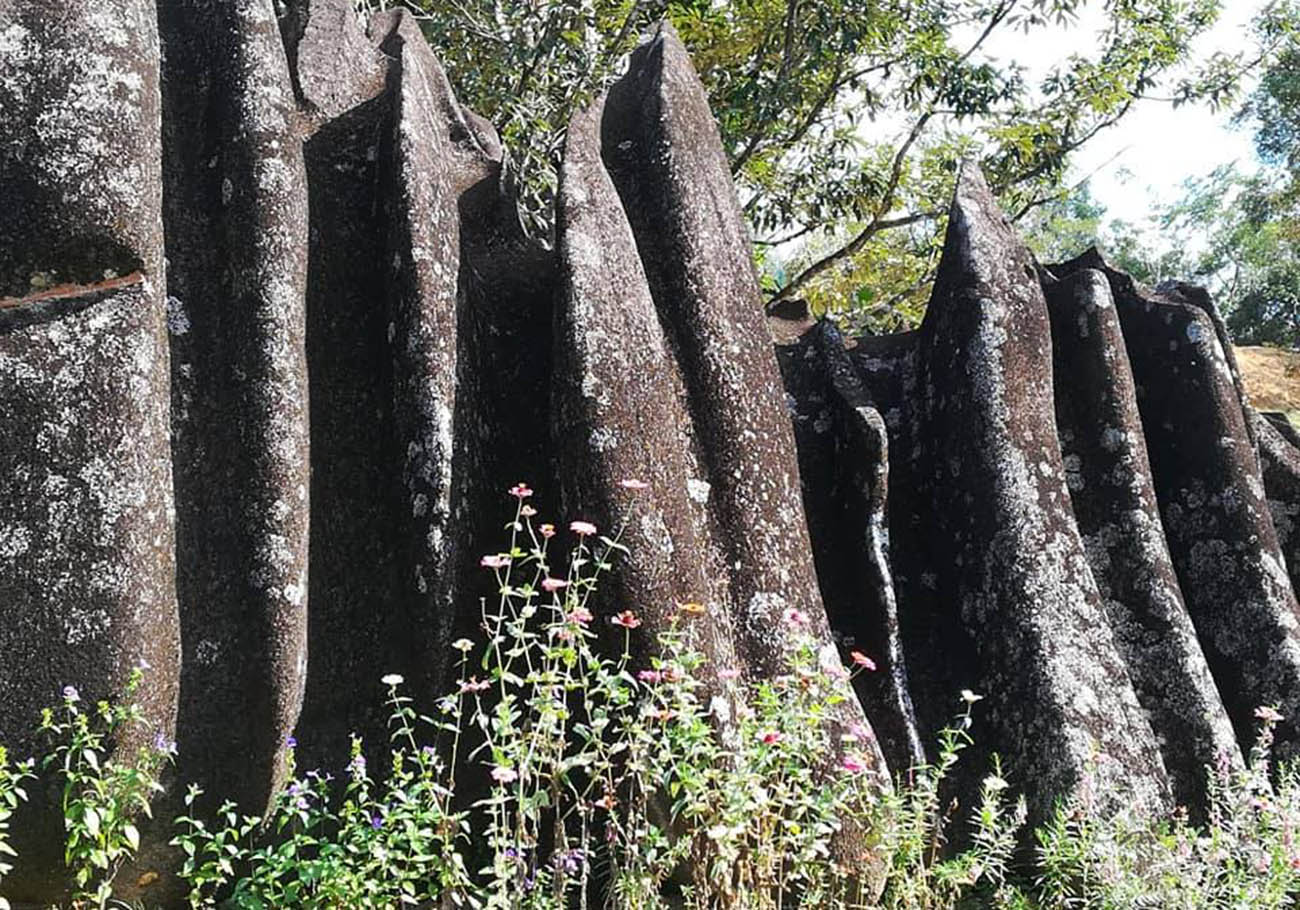
Within the geopark lies the renowned Kinabalu Park World Heritage Site, recognized by UNESCO on December 2, 2000. This prestigious site is complemented by another UNESCO accolade, the Unesco Crocker Range Biosphere Reserve, declared on June 12, 2014. These combined designations further underscore the geological and ecological value of the area.
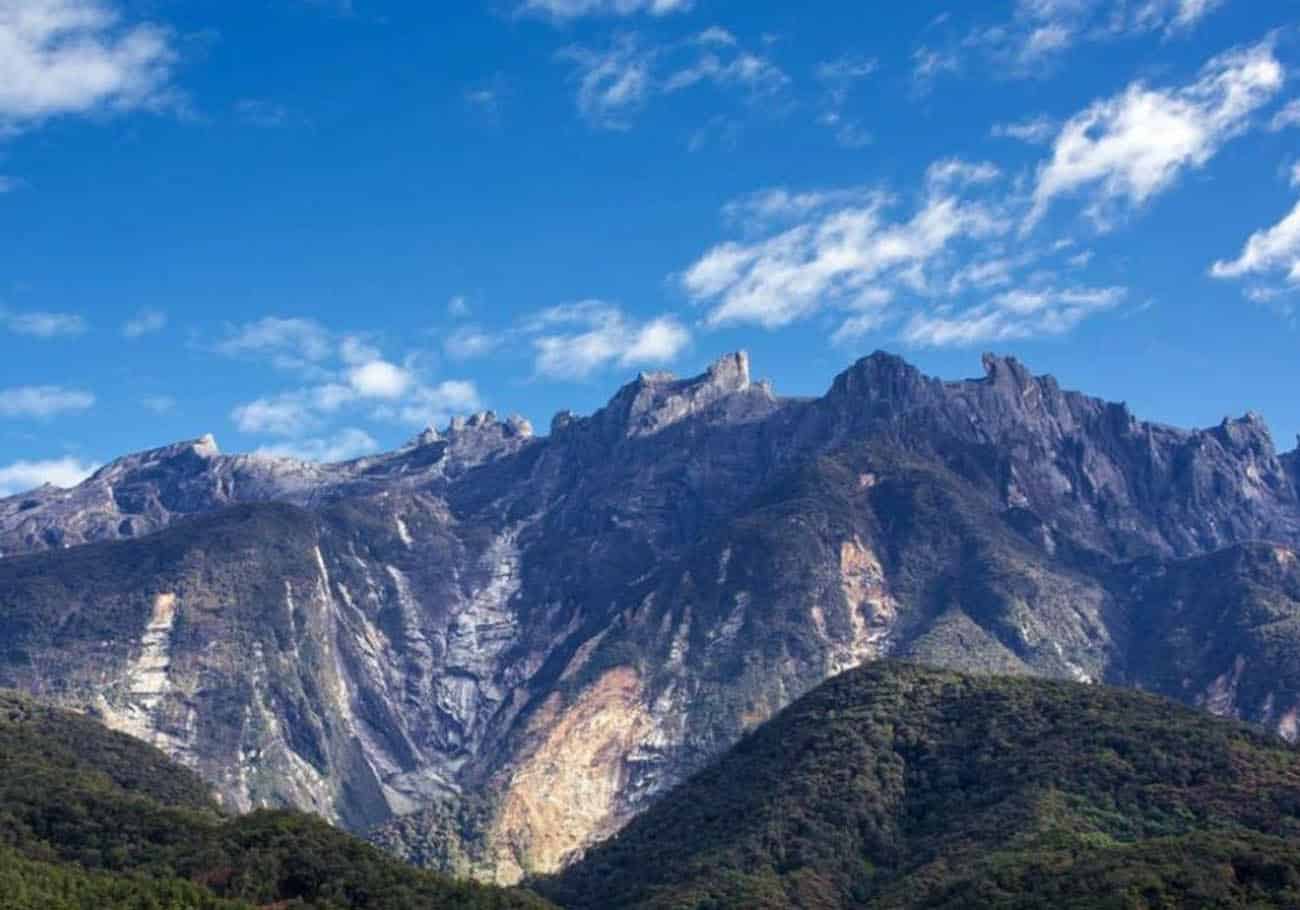
The Kinabalu UNESCO Global Geopark is not only a testament to Sabah’s geological and ecological richness but also supports various economic activities. Highland agriculture, animal husbandry, and tourism play significant roles in the region’s economy. The geopark’s promotion as a geotourism destination further enhances Sabah’s existing eco-tourism products, attracting visitors from around the world.


